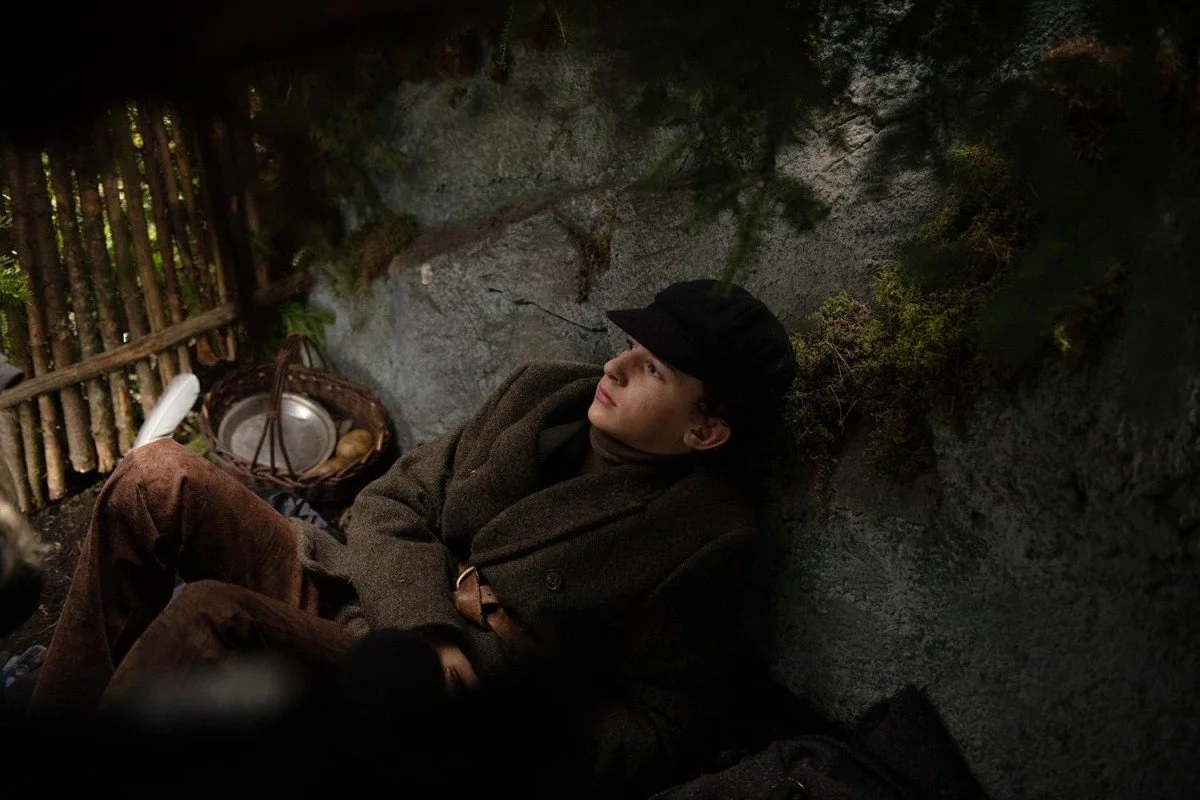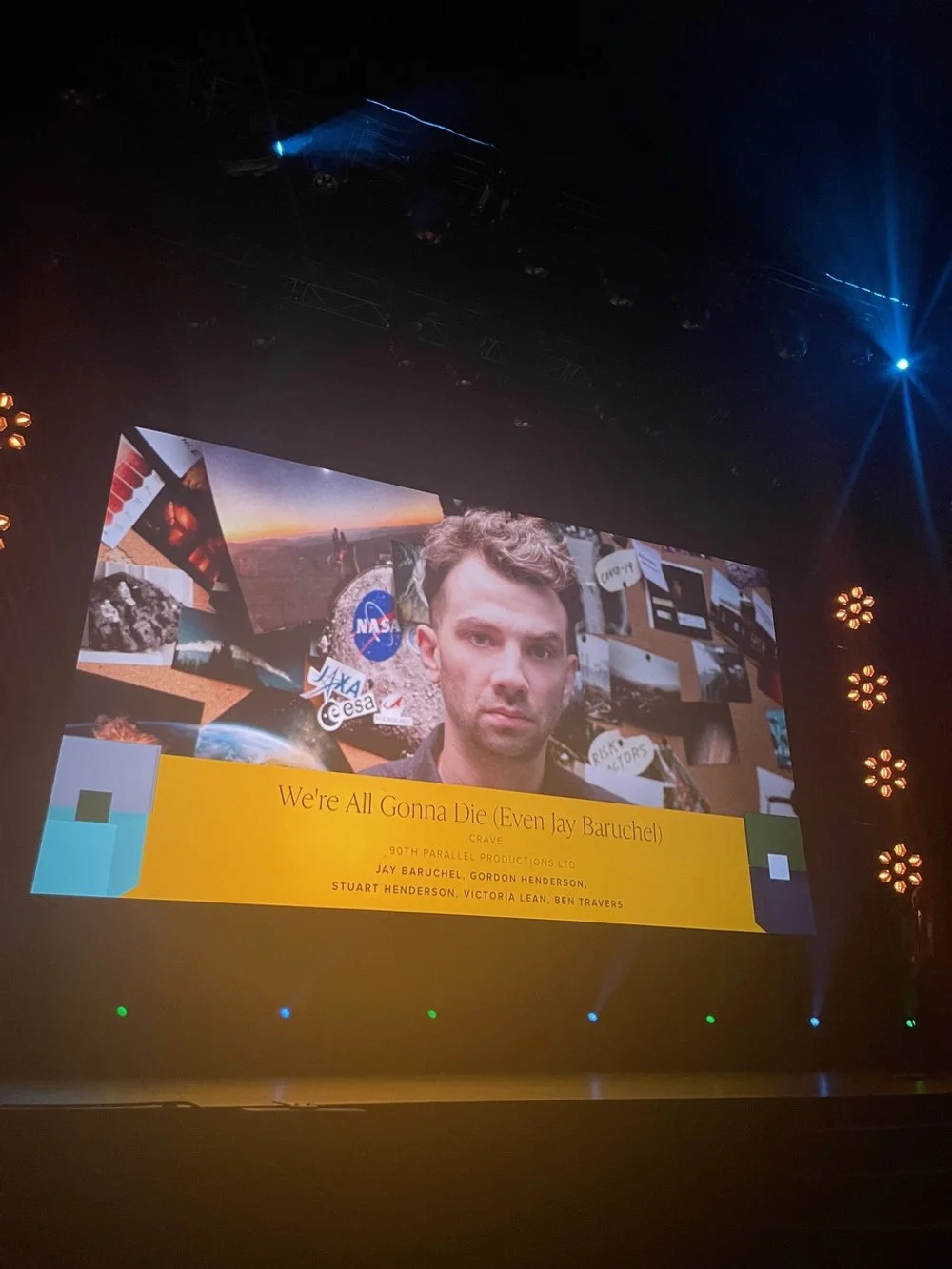An elegant and highly emotional film graced theatres last week: Woman in Gold. Starring Helen Mirren (Miriam), Ryan Reynolds, and Daniel Gruhl, Simon Curtis takes us on a sweeping journey of a holocaust victim's life after WWII. It is based off of the true story of Maria Altman's quest to retrieve her aunt's portrait, Adele Bloch-Bauer, from Austria. The film champions justice, for once, and Maria is able to safely bring her family heirlooms back to America and in the hands of what has grown to be her home.
X Company - Canadian TV and Historical Dramas
I have been just bursting to write this blog since last Monday. I was invited to the premiere screening of X Company at TIFF. It was hosted by the Writers Guild of Canada and they asked us to hold off any media release until the show had featured on CBC February 18th, 2015 at 9:00pm (Toronto time).
Well now I can tell you about the two amazing people who are the brains behind this Canadian operation: Stephanie Morgenstern and Mark Ellis. Both were the creators of Flashpoint, the hit FBI series that ran for four successful seasons. Stephanie and Mark have figured out a way and continue to create top Canadian content without losing the quality of their vision due to budget restraints: a co-production with the US.
Stephanie told us at the premiere that it wasn't as if they presented an idea at its earliest formation - undeveloped and in need of a lot of work. They walked into CBS network with a finished script and Canadian support and said look at what we have, you should be a part of it!
X Company is a historical drama based loosely off of Camp X during WWII. Camp X is North America's first secret services base and is located in Whitby / Oshawa (my ole' stomping ground). Figures such as Roald Dahl, Ian Fleming, and Hamish Pelham Burn entered through these training grounds. Even women served as lethal spies! Most perished at the hands of the Gestapo, but not before they did some serious damage to the Nazi moral.
I say based loosely because Mark Ellis made it quite clear that no real historical people are going to show up in the show. Only events as they happened historically are going to be retold through a group of 5 fictional characters: Aurora (Quebecois and fluent in German), Alfred (someone with perfect memory due to an intense case of synesthesia), Neil (whole family died in the Blitz in England), Harry (Engineer student who likes explosives), and Tom (Ad man, good at propaganda and deception). All with unique gifts and none formerly a part of any army / secret service.
I think my favourite comment that Stephanie and Mark made that evening was that they were proud to be Canadian. Canada is not a "stepping stone to L.A. There is a pool of world class talent that exists at [our] fingertips" - said a passionate Stephanie. This made me so proud to be Canadian at that moment and witness a new CBC show that is sure to be a success.
The pilot is packed with action, adventure, heart pumping thriller moments, romance, and a unique look at different personalities who have to work together. There are twists at every corner and at times when we want to hate the antagonists (Nazis - DUH) Mark and Stephanie humanize them with little comments here and there, "I wanted to go to Med-school but I had to serve in the army first."
Mark and Stephanie closed the evening off with some inspiring words. They said write what interests you. Don't follow market fads because by the time your show comes to fruition, that trend has long since passed. Their idea was an ongoing interest for ten years before it became a reality. This really put my own goals and aspirations into perspective.
To Mark and Stephanie and all the production / post production / distribution / broadcasters involved in X Company, I am "happy to learn to know you" over the next few months.
- Jenn
NEXT WEEK'S BLOG: Other Canadian Co-Productions
"... The hit Canada show, Vikings, is also a co-production: Canada - Take 5 Productions - and Ireland ... This also happened a few years back with another CBC show, Titanic: Blood and Steel. Take 5 Productions and Temple Street are leading the production world in Canadian ..."






